The Second Boer War (1993)
The Second Boer War, also known as the Anglo-Boer War or the South African War, unfolded in the late 19th and early 20th centuries, leaving an indelible mark on the history of South Africa. This conflict, waged between the British Empire and the Boer republics of Transvaal and the Orange Free State, was driven by a complex interplay of political, economic, and social factors.
The roots of the war can be traced back to the discovery of gold and diamonds in the Boer territories, sparking British imperial ambitions and intensifying the struggle for control over these valuable resources. Tensions escalated, leading to a series of diplomatic disputes and confrontations between British forces and Boer militias.
The war officially commenced on October 11, 1899, with both sides underestimating the protracted and challenging nature of the conflict. The Boers, descendants of Dutch settlers, demonstrated formidable military prowess, employing guerrilla tactics and utilizing the challenging terrain to their advantage. The British, on the other hand, initially faced difficulties adapting to the unconventional warfare strategies employed by the Boer forces.
Several notable battles marked the course of the war, including the sieges of Ladysmith, Mafeking, and Kimberley. The Battle of Spion Kop, fraught with miscalculations and heavy casualties on both sides, highlighted the challenges faced by the British forces. Despite initial setbacks, the British ultimately mobilized significant resources and manpower, implementing scorched earth policies and establishing concentration camps to break the Boer resistance.
The Boers, facing attrition and a shortage of resources, gradually succumbed to the overwhelming might of the British Empire. The Treaty of Vereeniging, signed on May 31, 1902, marked the official end of the war. The agreement recognized British sovereignty over the Boer republics, and the two sides committed to working towards reconciliation and rebuilding the war-torn region.
The Second Boer War had profound and lasting consequences for South Africa. The scorched earth policy and the establishment of concentration camps left a devastating impact on Boer civilians, resulting in significant loss of life. The bitterness and resentment generated by the war contributed to the complex racial and political dynamics that continued to shape South Africa throughout the 20th century.
The legacy of the Second Boer War extends beyond its immediate impact, influencing the trajectory of South African history. The scars of the conflict and the lessons learned from the brutality of war played a role in shaping the nation's identity and contributed to the eventual pursuit of reconciliation and unity in post-apartheid South Africa.
Follow on Twitter: https://twitter.com/RealDutchEmpire
#SecondBoerWar #Afrikanerhistory #southafrica
-
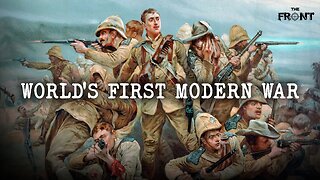 22:24
22:24
The Front
9 months agoWhy the Second Boer War Changed Warfare Forever & STUNNED the British - Untangling Africa #14
19 -
 8:45
8:45
Archive of The History Guy: History Deserves to Be Remembered
1 year agoWhen Boer farmers fought the British Army: the Battle of Colenso
19 -
 56:58
56:58
Mastro72
10 months agoThe Boer War & Other Colonial Adventures
44 -
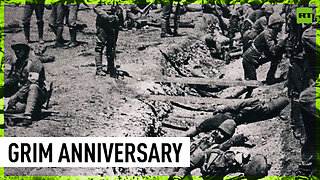 4:03
4:03
RT
1 year agoSecond Boer war anniversary | Brutal monument to legacy of UK colonialism in Africa
1.27K22 -
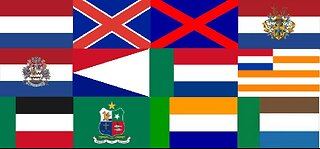 28:55
28:55
Alternative Political Analysis
5 months agoThe history of the South African Boers
31 -
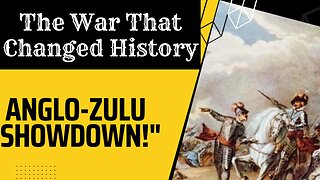 5:30
5:30
It'sallokay
1 year agoEpic Battles Uncovered: The Anglo-Zulu War – Secrets, Strategies, and Heroes!"
193 -
 1:38
1:38
Past Remaster
1 year ago1899 in Colour - Queen Victoria's Life Guards (Boer War)
74 -
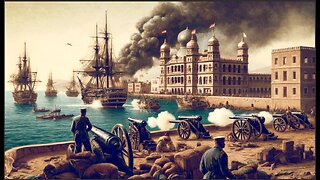 0:19
0:19
FactFountain
1 month agoWorld's Shortest War: The 38-Minute Conflict That Shook History!
241 -
 1:38:56
1:38:56
Cernousov
3 months agoThe Battle for Caen | Battlefield S5/E6 | World War Two
111 -
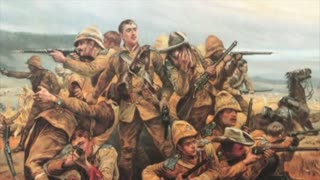 6:10
6:10
LeastRememberedHistory
1 year agoWorld War One: The South West Africa Campaign Part One
1